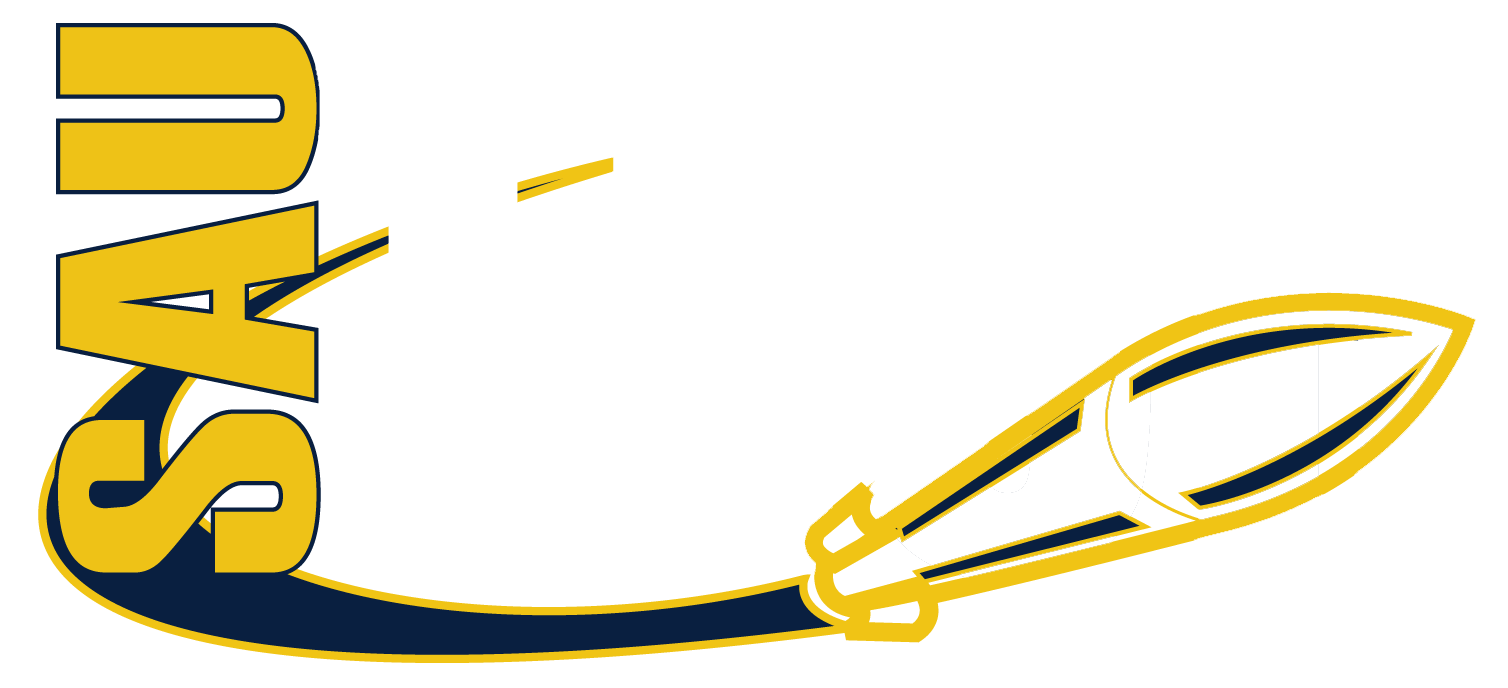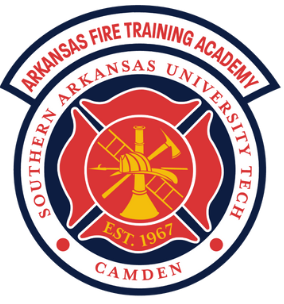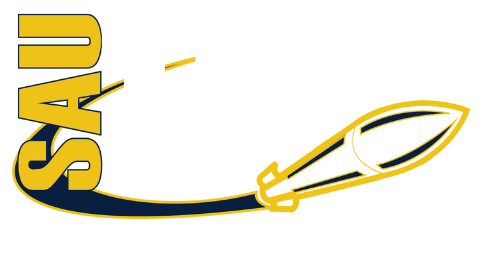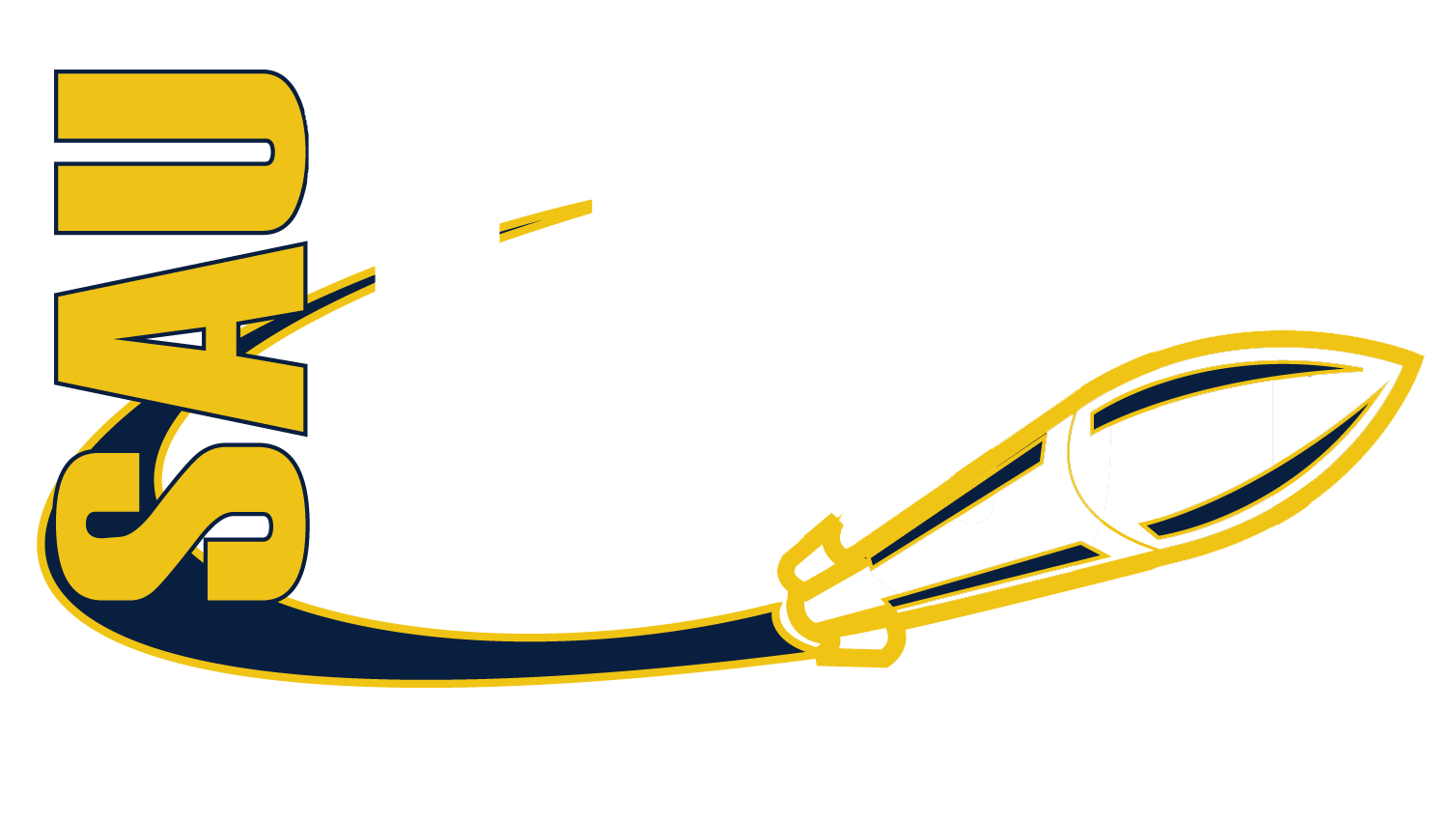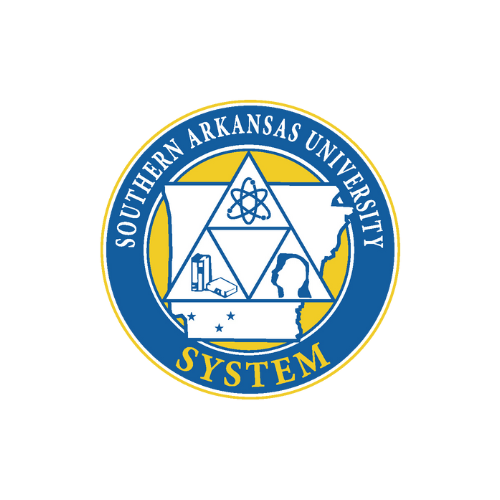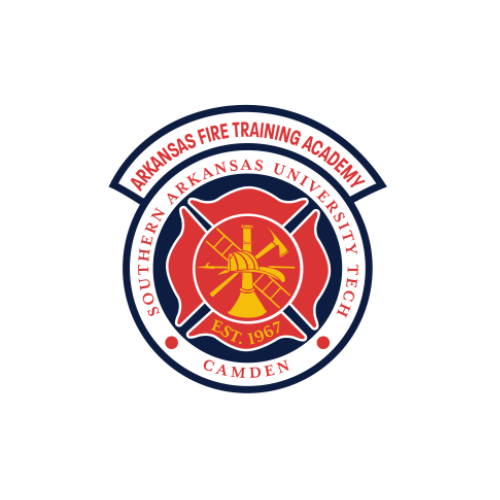▸SOLID WASTE PROGRAM
The Solid Waste Division at SAU Tech’s Arkansas Environmental Training Academy (AETA) provides essential training and certification for solid waste professionals across the state. These courses are designed to meet Arkansas Department of Environmental Quality (ADEQ) regulations and support safe, effective waste management practices in both public and private sectors.
Divisions Of Environmental Training
SOLID WASTE PROGRAM

Meet The Instructor
Alan Spangler
Solid Waste Program Coordinator/Instructor
The Academy offers Solid Waste training on-campus, at locations statewide, Zoom, and by Internet delivery. To schedule a class at your facility, contact aspangle@sautech.edu or call (870) 574-4551.
SOLID WASTE PROGRAM Course Descriptions
- Solid Waste Apprentice (Level A) - this is a 20-hour training course designed to prepare students to carry out the duties of an Apprentice Operator and to pass the Arkansas Division of Environmental Quality Apprentice (Level A) licensure exam.
- Solid Waste Journeyman (Level B) - this is a 20-hour training course designed to prepare Apprentice Level Operators to carry out the duties of a Journeyman Operator and to pass the Arkansas Division of Environmental Quality Journeyman (Level B) licensure exam.
- Solid Waste Master (Level C) - this is a 30-hour training course designed to prepare Journeyman Operators to carry out the duties of a Master Level Operator in a supervisory capacity and to pass the Arkansas Division of Environmental Quality (Master level C) licensure exam.
- Environmental Officer - this is a 24-hour training course designed to train the student in basic environmental crime investigation. This course is designed for solid waste personnel, regulatory inspectors and criminal investigators concerning illegal dumps. This course is required for individuals desiring to be licensed as an Environmental Officer by the Arkansas Division of Environmental Quality.
- Environmental Officer Update - this is a 6-hour training course designed for licensed Environmental Officers to satisfy ADEQ’s annual continuing education requirement for license renewal.
- Solid Waste Update - this is a 6-hour training course designed to satisfy the annual continuing education requirements for all Solid Waste license renewals.
Course Modules
Solid Waste Update courses can be tailored to meet the training needs of your facility. You can choose from the following modules. Regulatory Issues are discussed in conjunction with each class.
Protecting Surface Water from Landfill Contamination - this training module discusses point and non-point source runoff, runoff effects on the environment, landfill aspects of water management, and pollution controls.
Landfill Gas as an Alternative Energy Source - this training module discusses the generation of methane in landfills, bacterial decomposition, compliance requirements, economics, and usages.
The Cycles of Recycling - this training module discusses recycling methods including plastics, paper, glass, vermicomposting and water recycling.
Hazardous Waste Screening - this is a 6-hour course designed to help individuals identify hazardous materials, types of hazardous wastes, placards and labels, landfill implications, waste screening programs, and health hazards.
Hazard Communication and Globally Harmonized System (GHS) - this course is designed to meet the OSHA 29 CFR 1910 training requirements which include written program specifications, Safety Data Sheets (SDS), chemical labeling, handling and storage, and personal protection equipment (PPE) requirements including the GHS standardized and harmonized format.
Landfill Safety - this training module discusses general safety issues in the solid waste industry including slips, trips, and falls, OSHA general safety issues, and conducting safety meetings.
Business and Residential Recycling and Waste Minimization - this training module discuss how public and community support, costs, and logistics can affect the solid waste stream.
Regionalization and Solid Waste Management - this training module discusses how pooling solid waste resources and partnerships with private and public sectors can help offset declining landfill capacity.
Managing Green and Special Wastes - this training module discusses the aspects of backyard and community composting and different ways to collect tires, batteries, white goods, electronics, and other special wastes.
Waste Generation, Characterization, Collection, Transfer, and Disposal - this training module discusses defining, collecting, and disposing of a municipal solid waste stream and the RCRA implications.
ACCREDITATIONS & CERTIFICATIONS
Solid Waste training provided by the Arkansas Environmental Training Academy is accredited by:
- The Arkansas Department of Energy and Environment, DEQ, Office of Land Resources
- Arkansas Solid Waste Licensing Committee
The Academy offers Solid Waste training on-campus, at locations statewide, Zoom, and by Internet delivery. To schedule a class at your facility, contact aspangle@sautech.edu or call (870) 574-4551.
Must Know

If you plan to take a Licensure Exam following a Solid Waste class you must contact DEQ.
- To ensure testing eligibility, applications and fees must be received by DEQ prior to the exam.
- The Arkansas Environmental Training Academy does Not collect DEQ exam fees.
Office of Land Resources Solid Waste Licensing Contact:
Melody Walker
Phone: (501) 682-0045
E-Mail: Melody.L.Walker@arkansas.gov
Contact
arkansas Environmental Training academy
SOLID WASTE PROGRAM
Contact Information
Phone: (870) 574-4550 or (870) 574-4589
Fax: (870) 574-4565
Office Hours
7:00 am - 4:30 pm Monday-Thursday
7:00 am - 11:00 am Friday
Summer Hours (May-August)
7:00 am - 5:30 pm Monday-Thursday
Mailing Address
Arkansas Environmental Training Academy
PO Box 3499
Camden, Arkansas 71711
Shipping Address
Arkansas Environmental Training Academy
6415 Spellman Road
Camden, Arkansas 71701
Training Schedules
SOLID WASTE On/Off Campus Or Zoom
| Start Date | End Date | Course | Location | Available by ZOOM | Instructor | Fee | Register |
|---|---|---|---|---|---|---|---|
| 11/03/2025 | 11/06/2025 | Solid Waste Master | Camden | YES | Spangler | $325 | Register & Pay → |
| 11/18/2025 | 11/20/2025 | Environmental Officer | Fayetteville | No | Spangler | $400 | Register & Pay → |
| 11/19/2025 | 11/19/2025 | Environmental Officer Update | Fayetteville | No | Spangler | $150 | Register & Pay → |
| 11/20/2025 | 11/20/2025 | Solid Waste Update | Jonesboro | No | Wallace | $150 | Register & Pay → |
| 12/01/2025 | 12/4/2025 | Solid Waste Master | Jonesboro | No | Sparks | $325 | Register & Pay → |
| 12/02/2025 | 12/2/2025 | Solid Waste Update | Camden | YES | Cole | $150 | Register & Pay → |
| 01/14/2026 | 01/16/2026 | Solid Waste Apprentice | Camden | YES | Spangler | $300 | Register & Pay → |
| 01/20/2026 | 01/20/2026 | Solid Waste Update | Benton | No | Schelle | $175 | Register & Pay → |
| 01/21/2026 | 01/21/2026 | Solid Waste Update | McGehee | No | Cole | $175 | Register & Pay → |
| 01/27/2026 | 01/27/2026 | Solid Waste Update | Camden | YES | Cole | $175 | Register & Pay → |
| 01/28/2026 | 01/28/2026 | Solid Waste Update | Hot Springs | No | Sawyer | $175 | Register & Pay → |
| 01/29/2026 | 01/29/2026 | Solid Waste Update | Hot Springs | No | Sawyer | $175 | Register & Pay → |
| 02/04/2026 | 02/04/2026 | Solid Waste Update | Nashville | No | Sawyer | $175 | Register & Pay → |
| 02/05/2026 | 02/05/2026 | Solid Waste Update | Nashville | No | Sawyer | $175 | Register & Pay → |
| 02/11/2026 | 02/11/2026 | Solid Waste Update | Fayetteville | No | Spangler | $175 | Register & Pay → |
| 02/17/2026 | 02/19/2026 | Solid Waste Apprentice | Jonesboro | No | Sparks | $300 | Register & Pay → |
| 02/24/2026 | 02/26/2026 | Solid Waste Apprentice | Fayetteville | No | Spangler | $300 | Register & Pay → |
| 03/03/2026 | 03/05/2026 | Solid Waste Apprentice | Maumelle | No | Schelle | $300 | Register & Pay → |
| 03/17/2026 | 03/19/2026 | Solid Waste Journeyman | Camden | YES | Spangler | $350 | Register & Pay → |
| 03/24/2026 | 03/26/2026 | Environmental Officer | Maumelle | No | Schelle | $400 | Register & Pay → |
| 03/25/2026 | 03/25/2026 | Environmental Officer Update | Maumelle | No | Schelle | $175 | Register & Pay → |
| 03/31/2026 | 03/31/2026 | Solid Waste Update | Fayetteville | No | Spangler | $175 | Register & Pay → |
| 04/14/2026 | 04/16/2026 | Solid Waste Journeyman | Jonesboro | No | Sparks | $350 | Register & Pay → |
| 04/21/2026 | 04/23/2026 | Solid Waste Journeyman | Fayetteville | No | Spangler | $350 | Register & Pay → |
| 04/29/2026 | 4/29/2026 | Solid Waste Update | Malvern | No | Sawyer | $175 | Register & Pay → |
| 4/30/2026 | 4/30/2026 | Solid Waste Update | Jonesboro | No | Wallace | $175 | Register & Pay → |
| 05/05/2026 | 5/5/2026 | Solid Waste Update | Camden | YES | Cole | $175 | Register & Pay → |
| 5/18/2026 | 5/21/2026 | Solid Waste Master | Camden | YES | Spangler | $400 | Register & Pay → |
| 5/27/2026 | 5/27/2026 | Solid Waste Update | Conway | No | Spangler | $175 | Register & Pay → |
| 5/28/2026 | 5/28/2026 | Solid Waste Update | Conway | No | Spangler | $175 | Register & Pay → |
| 06/01/2026 | 06/01/2026 | Solid Waste Update | Maumelle | No | Schelle | $175 | Register & Pay → |
| 06/02/2026 | 06/04/2026 | Solid Waste Journeyman | Maumelle | No | Spangler | $350 | Register & Pay → |
| 06/09/2026 | 06/11/2026 | Environmental Officer | Camden | YES | Spangler | $400 | Register & Pay → |
| 06/10/2026 | 06/10/2026 | Environmental Officer Update | Camden | YES | Spangler | $175 | Register & Pay → |
| 06/23/2026 | 06/25/2026 | Solid Waste Apprentice | Fort Smith | No | Spangler | $300 | Register & Pay → |
| 07/01/2026 | 07/01/2026 | Solid Waste Update | Clarksville | No | Spangler | $175 | Register & Pay → |
| 07/02/2026 | 07/02/2026 | Solid Waste Update | Clarksville | No | Spangler | $175 | Register & Pay → |
| 07/09/2026 | 07/09/2026 | Solid Waste Update | Berryville | No | Spangler | $175 | Register & Pay → |
| 07/14/2026 | 07/16/2026 | Solid Waste Apprentice | Hot Springs | No | Thomason | $300 | Register & Pay → |
| 07/20/2026 | 07/20/2026 | Solid Waste Update | Camden | YES | Cole | $175 | Register & Pay → |
| 07/21/2026 | 07/23/2026 | Solid Waste Apprentice | Camden | YES | Spangler | $300 | Register & Pay → |
| 07/27/2026 | 07/30/2026 | Solid Waste Master | Fayetteville | No | Spangler | $400 | Register & Pay → |
| 08/17/2026 | 08/20/2026 | Solid Waste Master | Maumelle | No | Spangler | $400 | Register & Pay → |
| 08/19/2026 | 08/21/2026 | Environmental Officer | Jonesboro | No | Sparks | $400 | Register & Pay → |
| 08/20/2026 | 08/20/2026 | Environmental Officer Update | Jonesboro | No | Sparks | $175 | Register & Pay → |
| 09/15/2026 | 09/17/2026 | Solid Waste Apprentice | Jonesboro | No | Wallace | $300 | Register & Pay → |
| 09/22/2026 | 09/24/2026 | Solid Waste Journeyman | Camden | YES | Spangler | $350 | Register & Pay → |
| 09/29/2026 | 10/01/2026 | Solid Waste Journeyman | Hot Springs | No | Thomason | $350 | Register & Pay → |
| 10/07/2026 | 10/07/2026 | Solid Waste Update | Batesville | No | Spangler | $175 | Register & Pay → |
| 10/08/2026 | 10/08/2026 | Solid Waste Update | Batesville | No | Spangler | $175 | Register & Pay → |
| 10/13/2026 | 10/15/2026 | Solid Waste Journeyman | Jonesboro | No | Sparks | $350 | Register & Pay → |
| 10/14/2026 | 10/14/2026 | Solid Waste Update | Fort Smith | No | Spangler | $175 | Register & Pay → |
| 10/15/2026 | 10/15/2026 | Solid Waste Update | Fort Smith | No | Spangler | $175 | Register & Pay → |
| 10/20/2026 | 10/22/2026 | Solid Waste Journeyman | Fort Smith | No | Spangler | $350 | Register & Pay → |
| 11/02/2026 | 11/05/2026 | Solid Waste Master | Camden | YES | Spangler | $400 | Register & Pay → |
| 11/12/2026 | 11/12/2026 | Solid Waste Update | Jonesboro | No | Wallace | $175 | Register & Pay → |
| 11/17/2026 | 11/19/2026 | Environmental Officer | Fayetteville | No | Spangler | $400 | Register & Pay → |
| 11/18/2026 | 11/18/2026 | Environmental Officer Update | Fayetteville | No | Spangler | $175 | Register & Pay → |
| 11/30/2026 | 12/3/2026 | Solid Waste Master | Jonesboro | No | Sparks | $400 | Register & Pay → |
| 12/3/2026 | 12/3/2026 | Solid Waste Update | Camden | YES | Cole | $175 | Register & Pay → |
SOLID WASTE INTERNET
| Start Date | End Date | Course | Instructor | Location | Fee | Register |
|---|---|---|---|---|---|---|
| 11/03/2025 | 11/23/2025 | Solid Waste Master | Spangler | Internet | $355.00 | Pay & Register → |
| 11/03/2025 | 11/23/2025 | Solid Waste Update | Spangler | Internet | $165.00 | Pay & Register → |
| 01/12/2026 | 2/1/2026 | Solid Waste Apprentice | Spangler | Internet | $315.00 | Pay & Register → |
| 01/12/2026 | 2/1/2026 | Solid Waste Update | Spangler | Internet | $190.00 | Pay & Register → |
| 02/02/2026 | 2/22/2026 | Solid Waste Journeyman | Spangler | Internet | $365.00 | Pay & Register → |
| 03/02/2026 | 3/29/2026 | Solid Waste Master | Spangler | Internet | $415.00 | Pay & Register → |
| 03/09/2026 | 03/29/2026 | Solid Waste Update | Spangler | Internet | $190.00 | Pay & Register → |
| 04/06/2026 | 04/26/2026 | Solid Waste Apprentice | Spangler | Internet | $315.00 | Pay & Register → |
| 06/01/2026 | 06/21/2026 | Solid Waste Update | Spangler | Internet | $190.00 | Pay & Register → |
| 07/06/2026 | 07/26/2026 | Solid Waste Journeyman | Spangler | Internet | $365.00 | Pay & Register → |
| 08/03/2026 | 08/23/2026 | Solid Waste Master | Spangler | Internet | $415.00 | Pay & Register → |
| 08/10/2026 | 08/30/2026 | Solid Waste Update | Spangler | Internet | $190.00 | Pay & Register → |
| 09/07/2026 | 09/27/2026 | Solid Waste Apprentice | Spangler | Internet | $315.00 | Pay & Register → |
| 10/05/2026 | 10/25/2026 | Solid Waste Update | Spangler | Internet | $190.00 | Pay & Register → |
| 10/05/2026 | 10/25/2026 | Solid Waste Journeyman | Spangler | Internet | $365.00 | Pay & Register → |
| 11/02/2026 | 11/22/2026 | Solid Waste Master | Spangler | Internet | $415.00 | Pay & Register → |
| 11/09/2026 | 11/29/2026 | Solid Waste Update | Spangler | Internet | $190.00 | Pay & Register → |
